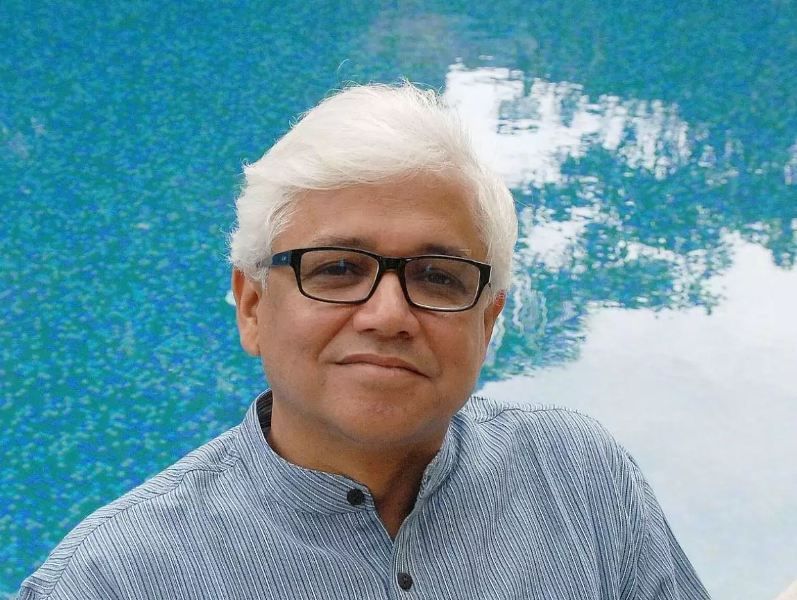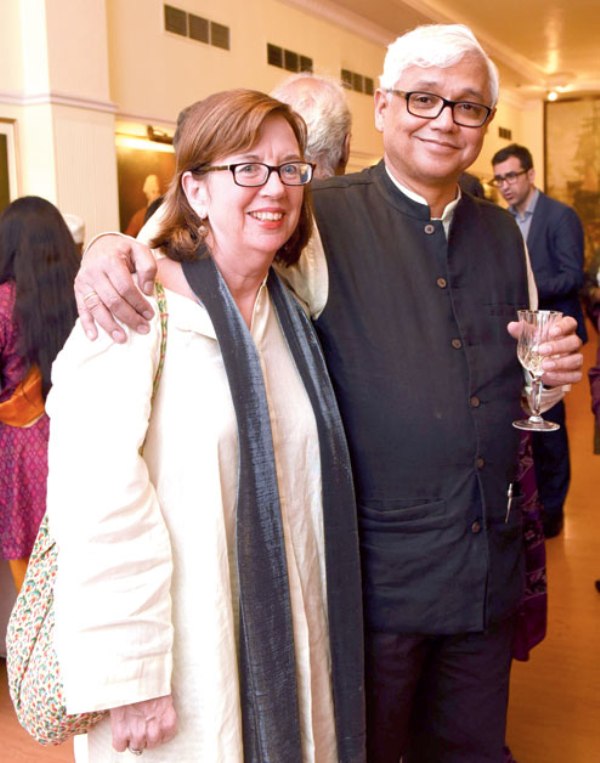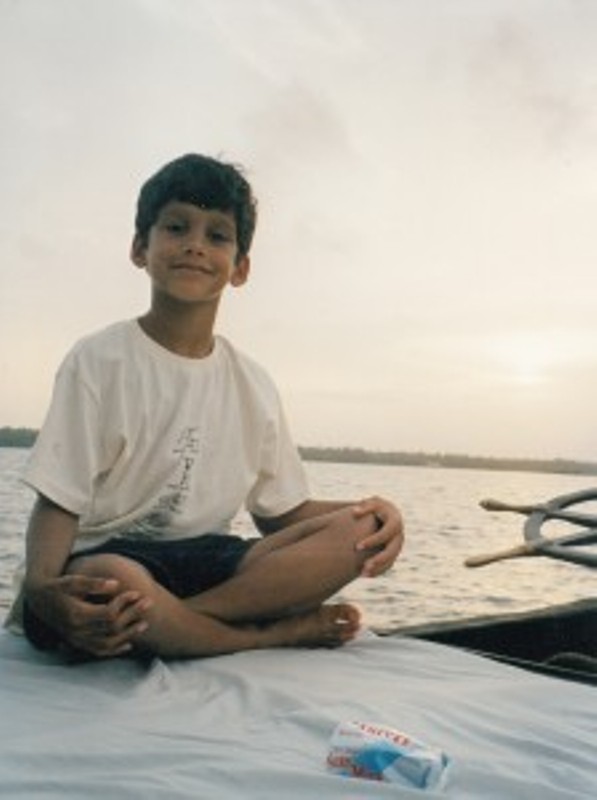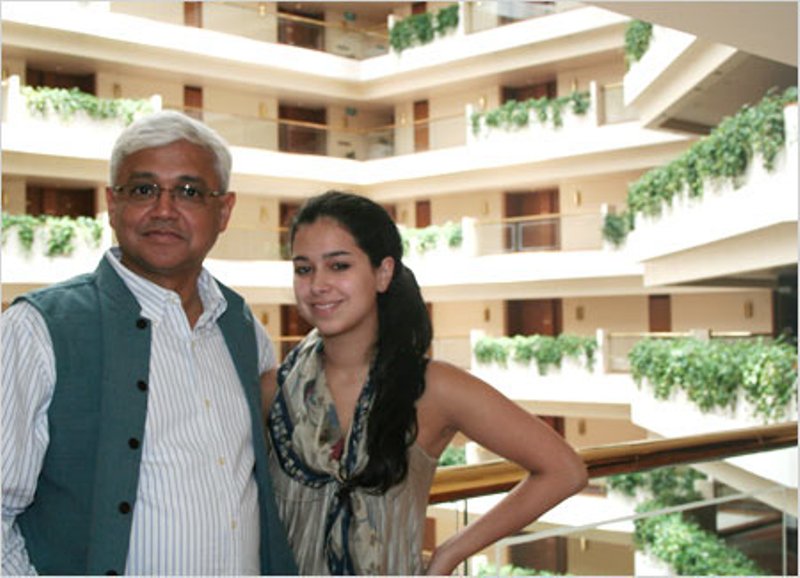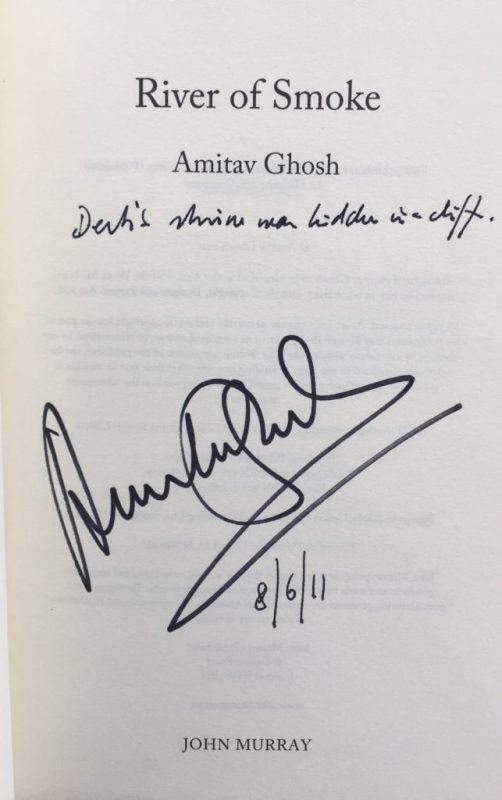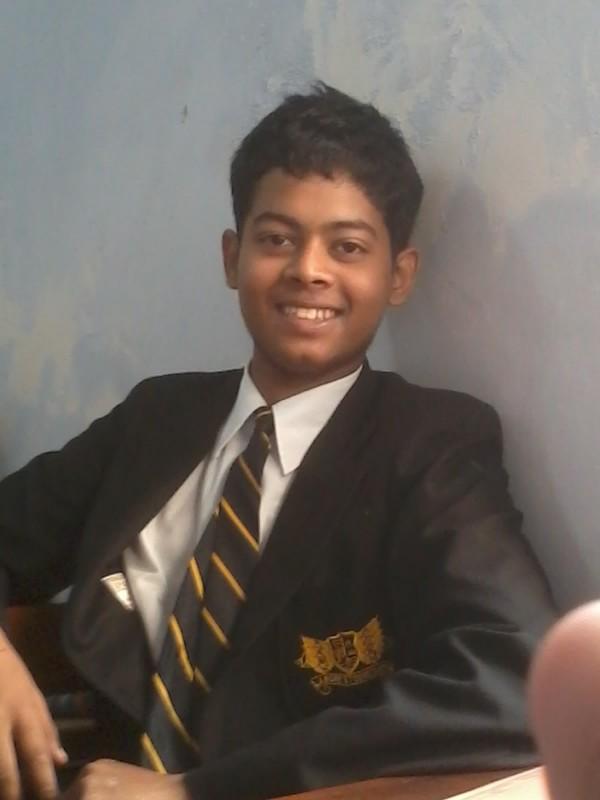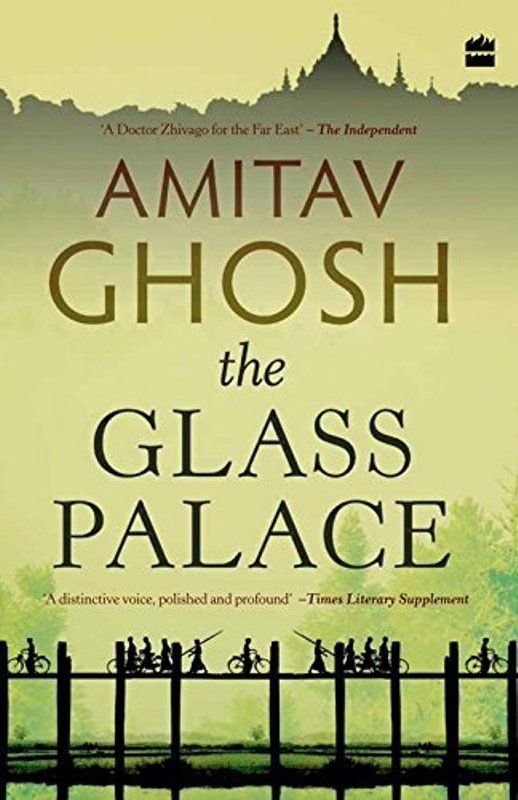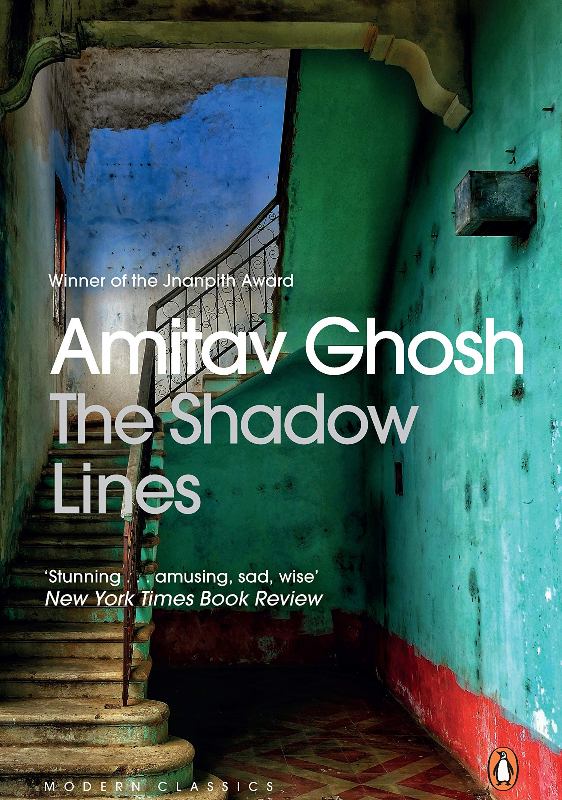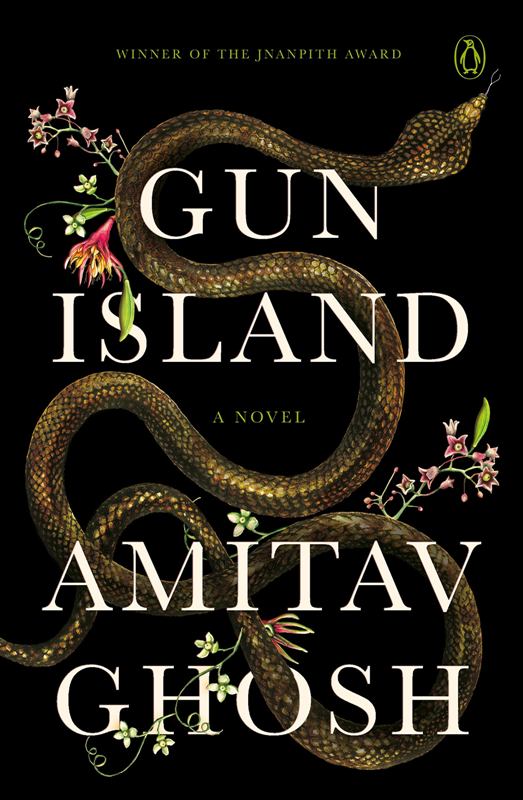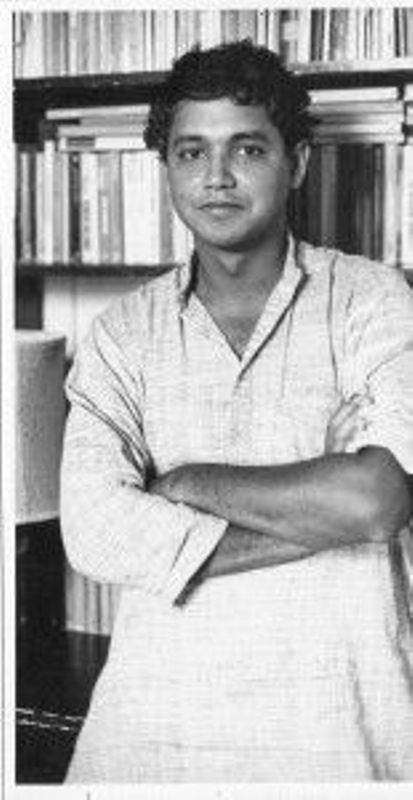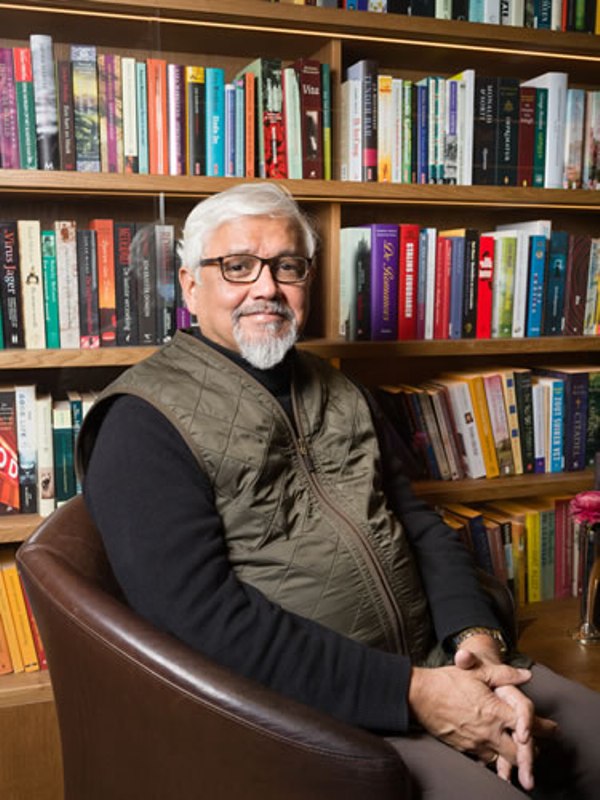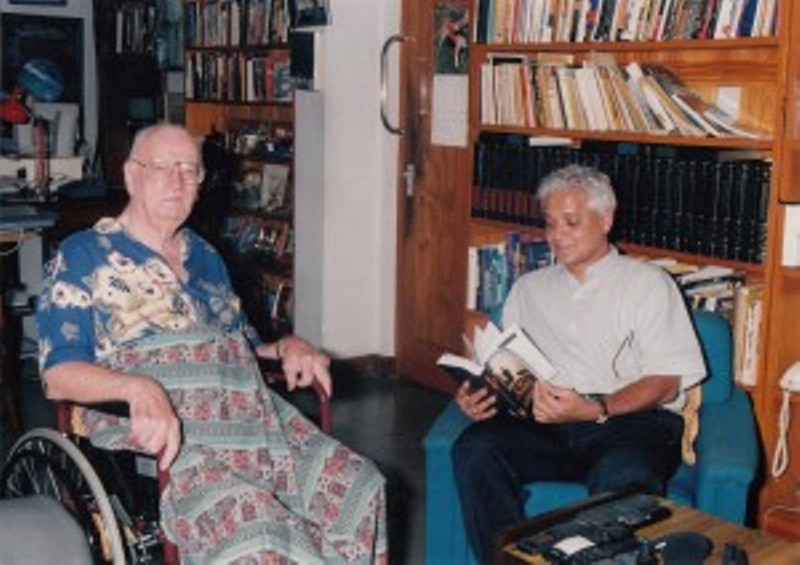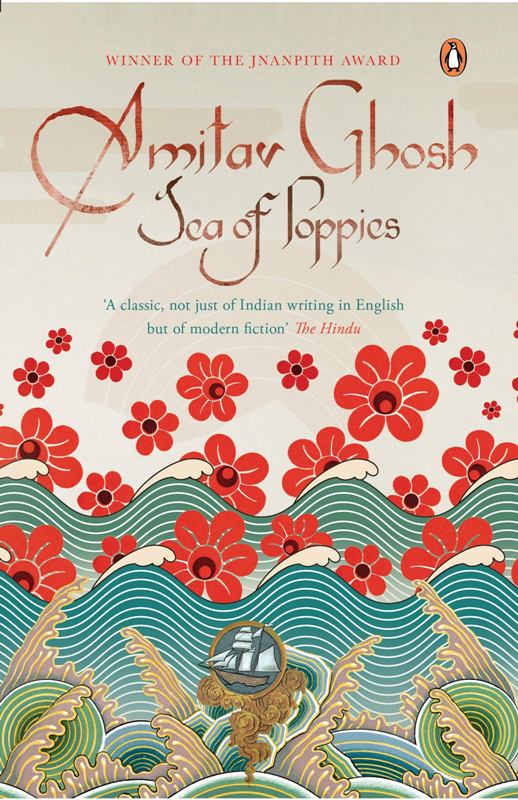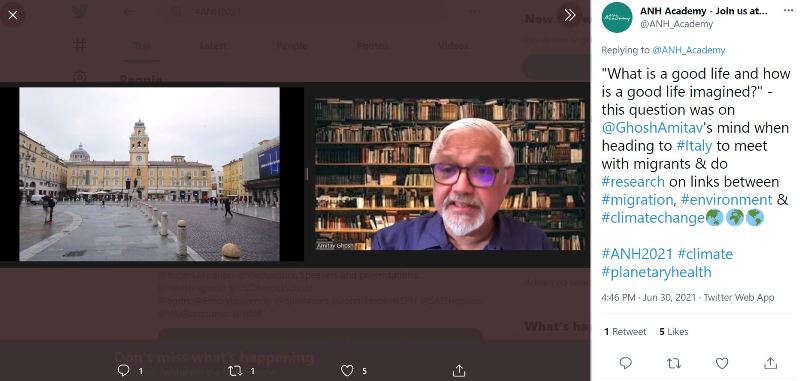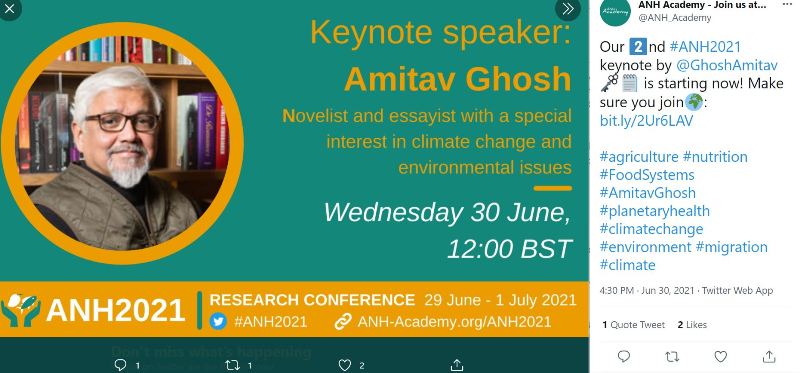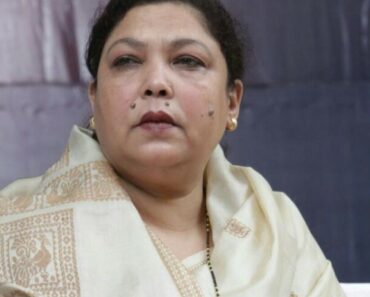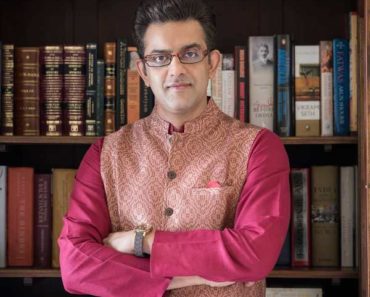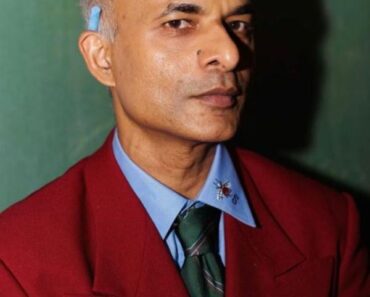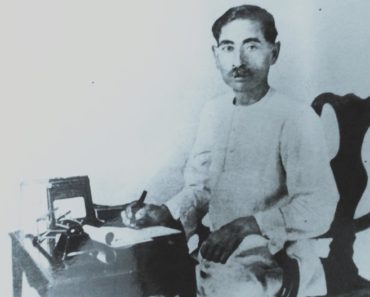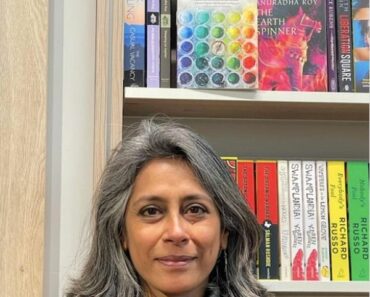Amitav Ghosh is a renowned Indian author who is the winner of the 54th Jnanpith, the highest literary award in 2018. He is considered one of the prime English writers of India who has contributed exceptionally in the literature. The plot of his novels revolves around investigating the character of a nation and the personalities of the Southeast Asian and Indian people by the usage of complex narrative strategies.
Contents
Wiki/Biography
Amitav Ghosh was born on Wednesday, 11 July 1956 (age 62 years; as of 2021) in Kolkata, West Bengal, India. His zodiac sign is Cancer. Amitav Ghosh received his school education from an all-boys boarding school The Doon School, Dehradun. In 1976, Amitav Ghosh obtained a B.A. degree at St. Stephen’s College, the University of Delhi. In 1978, he did an M.A. at Delhi School of Economics, the University of Delhi. In 1982, Amitav Ghosh was awarded a doctorate in social anthropology from Oxford University. [1]Britannica
Physical Appearance
Hair Colour: White
Eye Colour: Black
Family
Parents & Siblings
His father’s name is Shailendra Chandra Ghosh, and he was a lieutenant in the Indian Army. His mother’s name is Ansali Ghosh. Amitav Ghosh has two siblings.
Wife & Children
Amitav Ghosh got married to Deborah Baker in 1990. Deborah is a biographer and essayist.
Amitav Ghosh has a son named Nayan, and a daughter named Leela.
Autograph
Career
In 1978, Amitav Ghosh started his first job at the Indian Express soon after completing his post-graduation. In 1986, he published his first novel titled ‘The Circle of Reason’ and soon completed his doctorate at Oxford University in the same year. The government of India awarded two lifetime achievements awards to Amitav Ghosh for his extraordinary contribution in the field of writing. In 2007, the President of India awarded him the Padma Shri award, the highest honour of India. Amitav Ghosh and Margaret Atwood received the Dan David prize jointly in 2010. He was honoured with the Grand Prix Award of the Blue Metropolis Festival in Montreal, Canada in 2011, and he was the first English-language writer who earned this award. In 2019, he was considered the most important global thinker of the previous decade by an American news publication named the Foreign Policy magazine. The well-known Indian historian Ram Guha and author Vikram Seth were his classmates at the all-boys boarding school, ‘The Doon School’ in Dehradun, India. Amitav and the historian Ram Guha started the magazine ‘History Times’ while they were studying at school.
Amitav was the recipient of the Inlaks Foundation scholarship when he was pursuing the Doctor of Philosophy in social anthropology at St Edmund Hall, Oxford University, in 1982. Peter Lienhardt, a British social anthropologist, honoured Amitav with this scholarship. [2]The Times of India “Kinship in relation to economic and social organization in an Egyptian village community” was his doctoral thesis that he submitted to Oxford University in 1982. Amitav Ghosh started working as a professor at the Queen’s University, University in Kingston, Canada in Comparative literature, in 1999. Since 2005, he has also been working as a visiting professor at the English department of Harvard University, Massachusetts. He was also awarded a fellowship at the Royal Society of Literature in 2009. In 2015, he was honoured with the “Art of Change” fellowship in the Ford Foundation. Amitav Ghosh withdrew his novel ‘The Glass Palace’ from the “Commonwealth Writers’ Prize in 2001 because the writings of the book were categorised as “commonwealth literature” and the honour was granted only to the books written in English.
Amitav Ghosh earned the Sahitya Akademi award for his book ‘The Shadow Lines’ in 2013. This novel interpreted,
The roots of the communal violence that have spread widely and immensely in the minds and psyche of the Indian subcontinent.”
His book titled ‘Gun Island’ that compared climate change and human migration was released in 2019. The content of the book was praised globally by the critics. The Guardian pointed it as,
A shaggy dog story” that “can take a very roundabout path towards reality, but it will get there in the end.”
At the LitFest of Tata Literature Live, Mumbai, Ghosh received the “Lifetime Achievement Award” on 20 November 2016. Amitav Ghosh released his novel titled “Gun Island,” which was published by Penguin Random House in 2020. The story of this novel was based on the COVID-19 pandemic that had changed the ways of the world, and it depicted the deep understanding of the actual realities tackled during the coronavirus.
Fiction Books
- The Circle of Reason (1986)
- The Shadow Lines (1988)
- The Calcutta Chromosome (1995)
- The Glass Palace (2000)
- The Hungry Tide (2004)
- Sea of Poppies (2008)
- River of Smoke (2011)
- Flood of Fire (2015)
- Gun Island (2019)
- Jungle Nama (2021)
Non-Fiction Books
- In an Antique Land (1992)
- Dancing in Cambodia and at Large in Burma (1998; Essays)
- Countdown (1999) The Imam and the Indian (2002; Essays)
- Incendiary Circumstances (2006; Essays)
- “The Great Derangement: Climate Change and the Unthinkable” (2016)
Awards, Honours, Achievements
- 2011: Blue Metropolis International Literary Grand Prix (Canada)
- 2011: Man Asia Literary Prize
- 2010: Dan David Prize (Israel)
- 2007: Grinzane Cavour International Prize (Italy)
- 2007: Padma Shri (Indian)
- 2004: Hutch Crossword Book Award
- 2001: International e-book Award Grand Prize for Fiction (Germany)
- 1999: Pushcart Prize
- 1997: Arthur C Clarke Award for Best Science Fiction
- 1990: Ananda Puraskar (India)
- 1990: Prix Médicis Étranger (France)
- 1989: Sahitya Academi Award
Note: He has many more awards and accolades to his name.
Favourites
- Food: Dosa
- Movie(s): Aradhana and Bobby
- Game: Badminton
- Players: Sania Nehwal, Serena Williams and Novak Djokovic
Facts/Trivia
- Amitav started writing at the age of seventeen. He penned an essay on Indian-origin words for publishing in Junior Statesman in Kolkata. The essay was never published by the Junior Statesman, but it paved the way for Amitav to write more further essays.
- Amitav Ghosh, his wife, Deborah Baker, and two children, Lila and Nayan, live in New York. Hia wife works as the senior editor at Little, Brown and Company, an American publisher. She has also written the book ‘In Extremis: The Life of Laura Riding (1993),’ which was the biography of Laura Riding.
- In a conversation with a media house, on 27 February 2013, Amitav Ghosh disclosed the facts when he started writing his novel “The Shadow Lines.” He explained,
It was not intentional, but sometimes things are intentional without being intentional. Though it was never part of a planned venture and did not begin as a conscious project, I realise in hindsight that this is really what always interested me most: the Bay of Bengal, the Arabian Sea, the Indian Ocean, and the connections and the cross-connections between these regions.”
- According to Amitav, he adores reading Bengali Literature, but he never wrote in the Bengali language. In a conversation with a media house, he said,
I am not trained in the language like I am in English.”
- Amitav Ghosh loves to cook food for his wife, Deborah Baker. In an interview, he revealed that he used the vegetables and fruits that grow in his own garden in Goa.
- Amitav Ghosh begins his day with the Darjeeling tea that buys in large quantities from Kolkata. He takes the tea with himself where ever he lives whether in Goa or New York.
- In an interview, Amitav Ghosh revealed his favourite food, sweets and restaurants in India and New York. He told,
I have no idea how I got this illogical craving. In Bangalore, I remember the first time when Deborah and I went to Woodlands Hotel in ‘91 for saadha dosas. I also love dark chocolates, which I can eat a lot of. In New York, I usually go to 29th Street, Lexington Avenue, where there is a cluster of restaurants serving Indian food. ”
- Amitav Ghosh loves to watch Youtube only for badminton matches. In a conversation with a media house, he expressed,
In Brooklyn, local channels do not air badminton matches.”
He added his favourite badminton players,
I and my wife bond over a game of badminton. When she is not around, I play with a group of friends. I like to think of myself as a “pretty good player. My favourite sportspeople are Sania Nehwal, Serena Williams and Novak Djokovic. During tennis Grand Slam season, my writing slows down considerably.”
- Amitav Ghosh does not like to attend literary festivals. In his blog, he penned,
A frequently heard argument in favour of book festivals is that they provide a venue for writers to meet the reading public. Although appealing, this argument is based on a flawed premise in that it assumes that attendance is equivalent to approbation.”
- According to Amitav, he has about 500 book collections in his home library. In a conversation with the media house, he said,
I and my wife like giving away books. Sometimes, we keep books on the steps in front of our New York house door for others to take. Still, my collection will have about 500 books. I also collect different editions of the Mahabharat. The collection has what I call a unique edition — Kashiram Das Mahabharat.”
- In July 2001, for his novel ‘the Calcutta Chromosome,’ Amitav Ghosh was honoured with the Arthur C Clarke prize in Sri Lanka that was the most cherished prize for him according to him.
- According to Amitav Ghosh, Aradhana and Bobby are his favourite Bollywood films of the 60s and 70s. In an interview, he stated,
I love watching Bollywood films of the 60s and 70s. Aradhana and Bobby are my favourites. But nowadays, I am watching sci-fi films and Interstellar was good.”
- In one of his blogs, Amitav Ghosh penned his worry about the cyclone in the Arabian Sea. Amitav often writes about climate change. He wrote,
This year’s monsoon has been held up because of a cyclone in the Arabian Sea. Cyclones in this sea were unheard of but are now happening thanks to the rise in temperature. If I was allowed, I would like to make renewable sources of energy “compulsory.”
- In a conversation with a media house, Amitav Ghosh revealed his findings and on-ground researches for his novel ‘Sea of Poppies.’ He narrated his travel to Mauritius, Greenwich, England, and National Maritime Museum. He explained his exploration that a writer must do to write a book,
I love nineteenth-century nautical fiction so many of the details were just buried in my head. As for the rest, it was so deeply pleasurable, I don’t know whether I should even call it research. I travelled to Mauritius, to look at the National Archives and some other libraries; I spent some time in Greenwich, England, looking at the magnificent collection of the National Maritime Museum. But the best part of all was learning to sail—that was an experience that surpassed everything I had imagined.”
- Amitav Ghosh always incorporated history, natural history, rhetoric, politics, beliefs, religion, family, love, sexuality in his writings. According to Amitav Ghosh, his background as a historian, journalist, and anthropologist informed his work. In an interview, he explained his writing genre. He said,
For me, the value of the novel, as a form, is that it is able to incorporate elements of every aspect of life – history, natural history, rhetoric, politics, beliefs, religion, family, love, sexuality. As I see it the novel is a meta-form that transcends the boundaries that circumscribe other kinds of writing, rendering meaningless the usual workaday distinctions between historian, journalist, anthropologist etc.”
- As per Amitav Ghosh, history as a subject was not taught in Indian schools as the way it was meant to be taught – to connect the present with the past. He further added in an interview that it was possible to describe history through fiction writings. He stated,
As I was writing I felt more and more that today the world we are in is in some ways so strange, so surprising, that really you cannot make sense of it with non-fiction. We need fiction more than ever.”
- In a conversation with a media house, Amitav Ghosh revealed his favourite books and writers that inspired him to write most of his novels. He said,
It differs from book to book. For The Shadow Lines, it was Marcel Proust’s Remembrance of Things Past. The Hungry Tide was influenced by many writers including Mahasweta Devi, Gopinath Mohanty, Sunil Gangopadhyay, Graham Swift and Rainer Maria Rilke.”
- According to Amitav Ghosh, after the corona pandemic, there would be a lot of stories written on corona and how it changed and affected the lives of people. He added that the situation would be the same as the tragedy of 9/11 in America. He further stated that a few stories were written on the Sandy Hurricane in New York in 2012. He told,
As for the pandemic, I don’t think it will elude literature in the same way that climate events have done. There are very few novels or stories about Hurricane Sandy, which devastated New York in 2012, and none at all, so far as I know, about Hurricane Harvey, which ravaged Houston in 2017. But I suspect there will be a huge wave of novels about the pandemic, just as there was after 9/11.
- Amitav Ghosh grew up in India, Bangladesh and Sri Lanka. [3]Amitav Ghosh
- In a conversation with a media house, Amitav told that he told that most of his fiction writings incorporated the issues related to climate change. He thought that it would be the greatest crisis for humanity in the future. He said,
I think it is increasingly apparent today that climate change is the greatest crisis that humanity, as a species, has ever faced. I think it should weigh heavily on the mind of every thinking person in the world.”
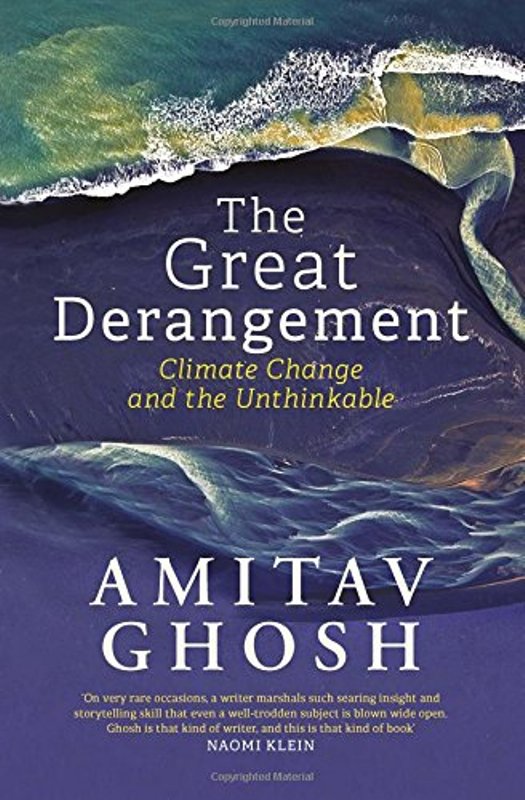
- As per Amitav Ghosh, he visited Italy to gather the findings from the migrants for researching the links between migration, environment and climate change. He Tweeted 2021,
Climate change & migration are two aspects of the same thing” — economic, technological change & growth.”
- Amitav Ghosh has often seen publicly speaking at research conferences on the topics related to environmental and climate change issues in India and globally.
References
| ↑1 | Britannica |
|---|---|
| ↑2 | The Times of India |
| ↑3 | Amitav Ghosh |

